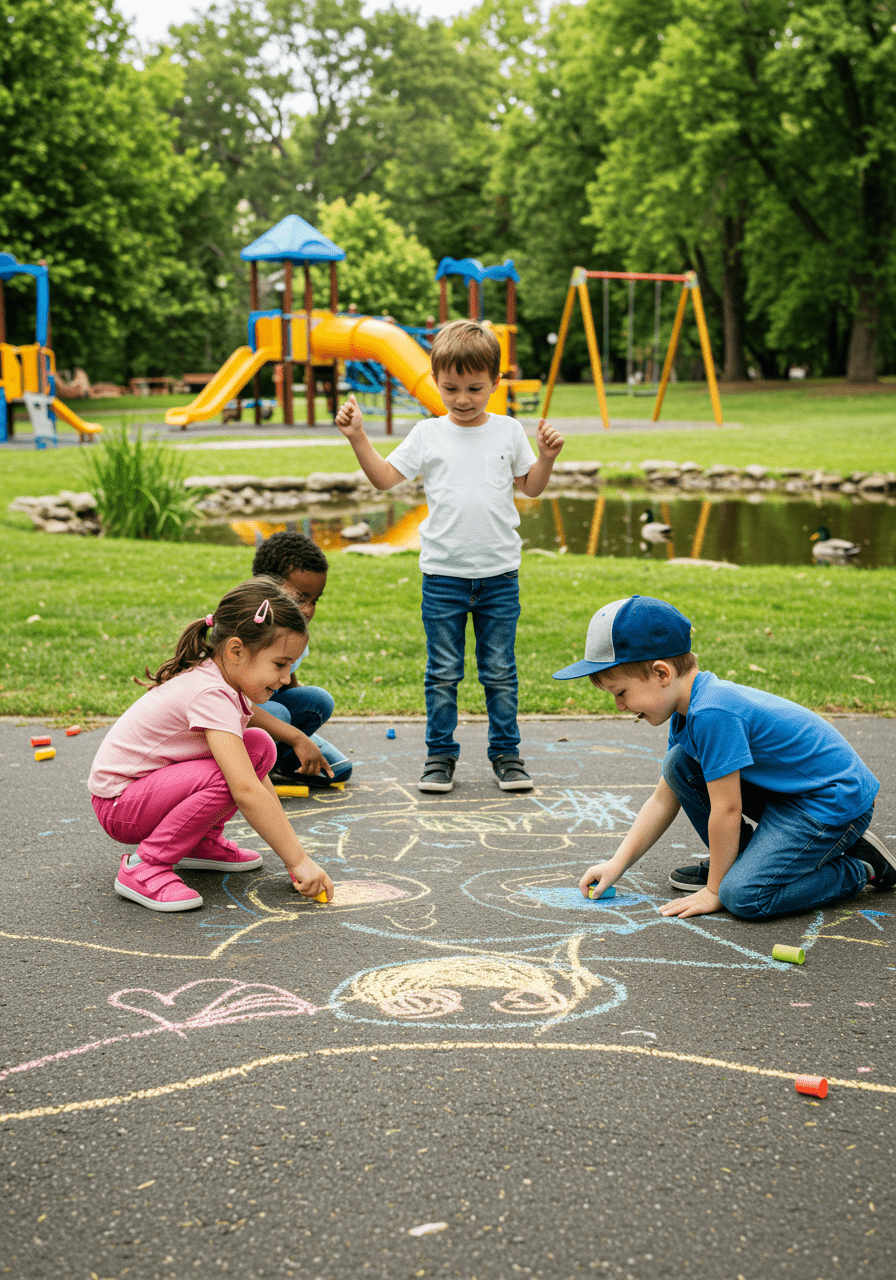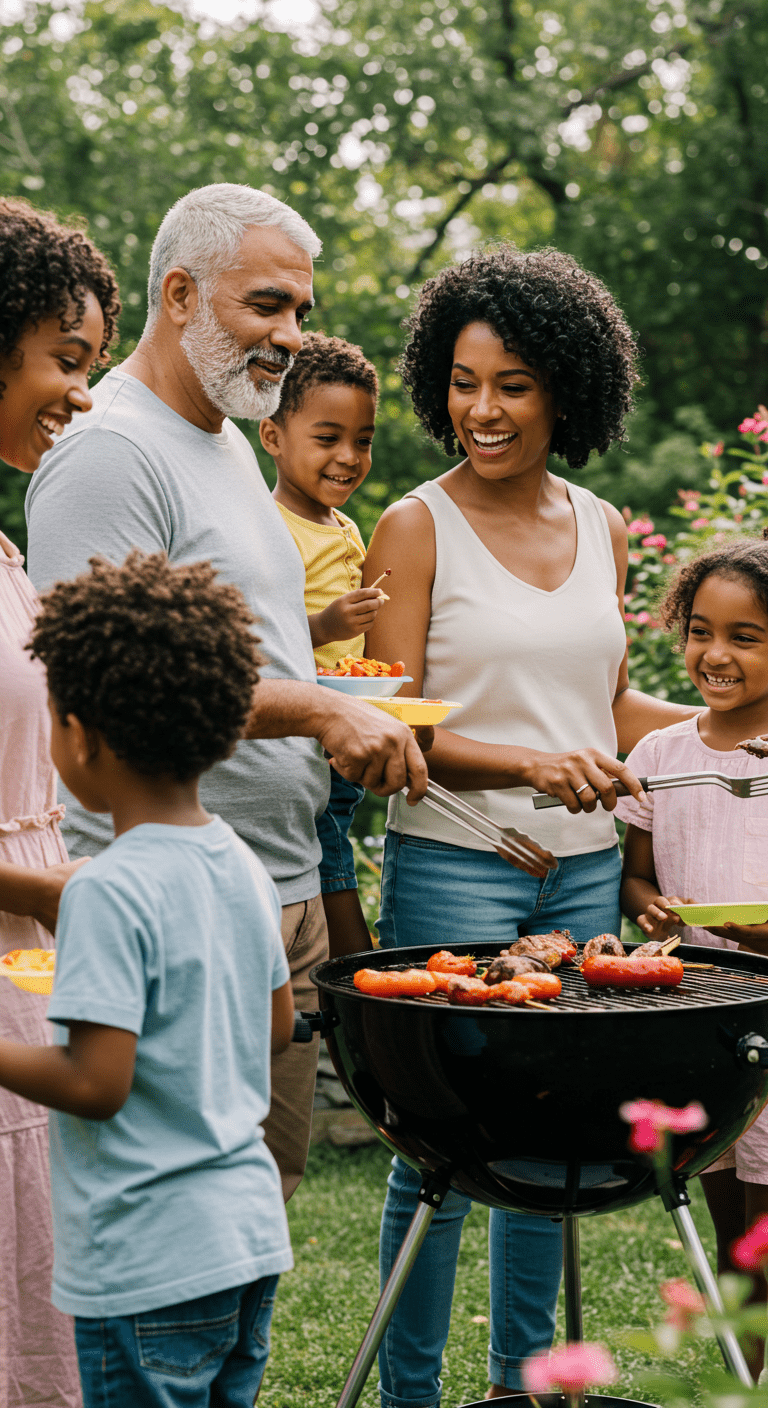1. Introduction
Building a harmonious blended family can be both rewarding and challenging. As families come together from diverse backgrounds, creating mutual respect and understanding becomes essential for fostering a loving environment. In this comprehensive guide, we will explore effective strategies to help your blended family develop respect, trust, and harmony, ensuring everyone feels valued and supported. Whether you’re planning to attend a marriage retreat or invest in family counseling, understanding the dynamics of blended families is crucial for a successful integration.

2. Understand the Unique Dynamics of a Blended Family
Recognizing the distinct characteristics of a blended family is essential in setting the stage for respect and harmony. These families often involve complex relationships, varying expectations, and diverse histories. To navigate these waters effectively, consider engaging in a mental health retreat that supports family cohesion and individual growth. It’s crucial to approach each family member with patience, empathy, and understanding, especially when incorporating new members into your household.
Establish Clear Communication
Open and honest communication forms the core of a respectful family environment. Encourage family members to share their feelings and concerns without fear of judgment. This transparency builds trust and can prevent conflicts. Consider using tools like family communication workshops or engaging in emotional healing retreats to enhance your communication skills and deepen understanding.
Emphasize Respect and Empathy
Teaching respect and empathy helps bridge the gap between different backgrounds and experiences. Active listening and appreciating each other’s perspectives foster emotional connection. For additional guidance on nurturing empathy in your family, exploring The Relation Sphere provides valuable insights and resources.

3. Practical Strategies to Foster Respect and Trust
Establishing mutual respect in a blended family demands intentional actions. Incorporating proven strategies can significantly improve family dynamics. To deepen your understanding and connect with other families, consider attending a luxury retreat designed for family bonding and self-improvement. Here are some effective tactics:
- Hold Regular Family Meetings: Use these sessions to discuss challenges, celebrate achievements, and reinforce shared values. Regular communication nurtures trust and cooperation. For an excellent resource, explore self-improvement retreats that emphasize family cohesion.
- Create New Family Traditions: Innovative traditions foster belonging and shared memories, strengthening emotional bonds.
- Define Roles and Boundaries: Clear expectations regarding roles promote respect and reduce misunderstandings.
Encourage Collaboration and Teamwork
Joint activities cultivate cooperation and mutual respect. Whether it’s cooking a family meal, doing chores, or outdoor adventures, teamwork reinforces a sense of unity. Using tools like affordable yoga retreats can also inspire relaxation and bonding, preparing your family for better collaboration.

4. Seek Support Through Professional Counseling
When conflicts arise or communication stalls, professional counseling can be a game-changer. Family therapy sessions provide a safe environment to explore issues, rebuild trust, and develop effective coping skills. To further support your family’s growth, consider attending a mental health retreat that specializes in family dynamics and emotional healing. Counseling helps families move beyond past conflicts and create a resilient, respectful environment.
Advantages of Family Counseling
- Clarifies family roles, expectations, and boundaries.
- Teaches respectful and effective communication techniques.
- Assists in resolving lingering conflicts and emotional pain.

5. Celebrate Successes and Foster a Loving Environment
Recognizing milestones and expressing appreciation go a long way in reinforcing positive behaviors and nurturing love. Celebrations, big or small, should be part of your family routine. You can also explore emotional healing retreats that help foster forgiveness and patience, essential qualities for harmony in blended families.
Tips for Creating Harmony
- Show affection openly to strengthen emotional bonds.
- Support each other’s interests and hobbies.
- Practice tolerance, forgiveness, and patience during challenging times.
FAQs About Building Respect and Harmony in a Blended Family
How long does it typically take to build respect in a blended family?
While every family’s journey is unique, consistent effort, open dialogue, and patience generally lead to meaningful bonds within six months to a year. Attending a Yoga retreat in Hawaii can also enhance your family’s emotional connection and resilience.
What are common hurdles faced by blended families?
Challenges include adjusting to new routines, rebuilding trust after conflicts, establishing new authority structures, and aligning differing expectations. Addressing these proactively through counseling or retreats, like couples retreats, can help create a respectful and harmonious household.
Does professional counseling improve family relationships?
Yes. Engaging with a trained therapist or attending family-focused retreats can facilitate healthier communication, resolve conflicts, and develop mutual understanding, essential for creating long-lasting respect and harmony.
Conclusion
Fostering respect and harmony in a blended family requires patience, conscious effort, and a commitment to open dialogue. By understanding each family member’s background, setting clear boundaries, and celebrating shared successes, your family can create a nurturing and resilient environment. Remember, building a cohesive blended family is a journey filled with love, patience, and continuous growth. Investing in retreats and counseling tailored for family wellness can provide the tools you need to succeed—embrace this journey with compassion and a positive outlook.


3 thoughts on “Blended Families: How to Build Respect & Harmony”